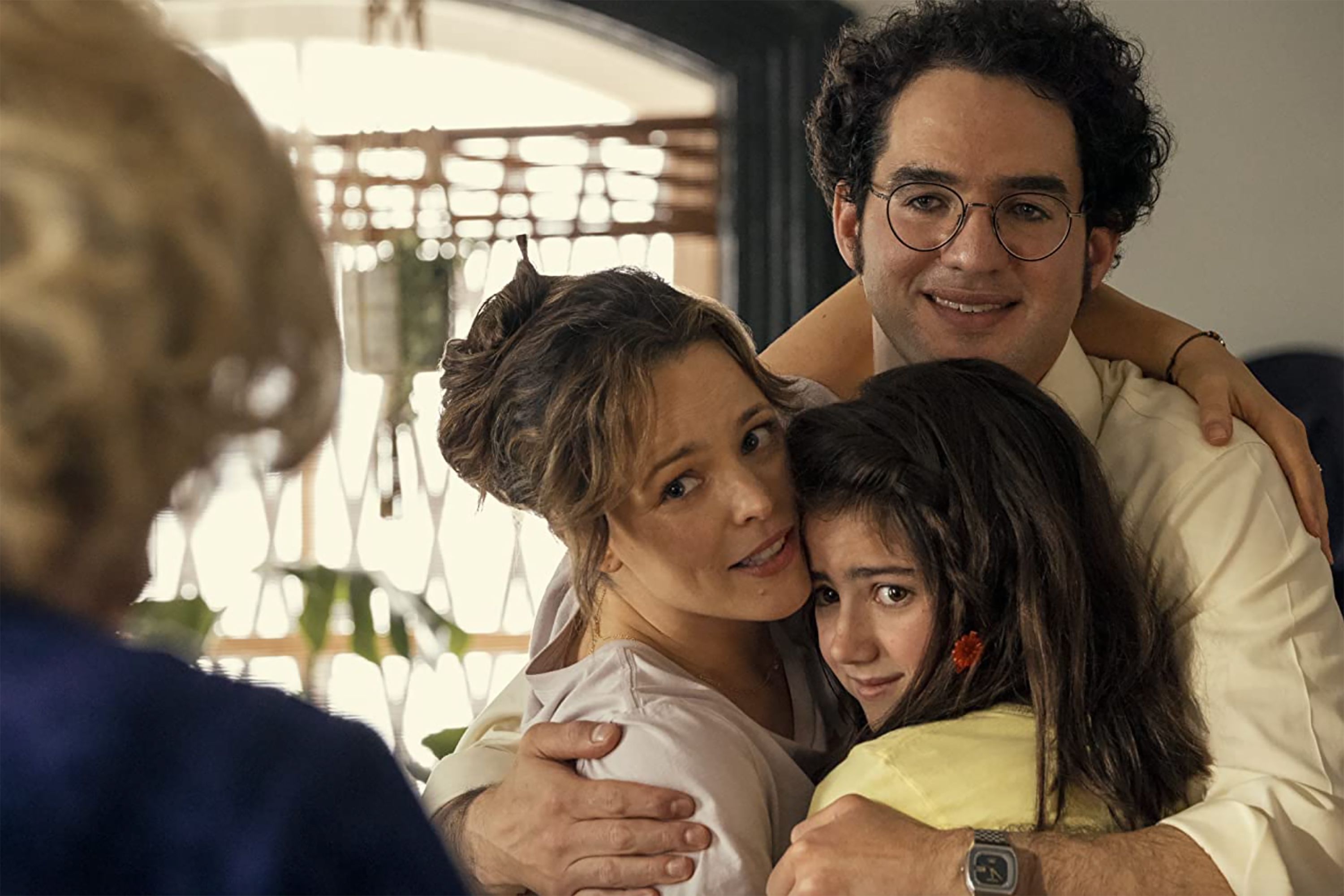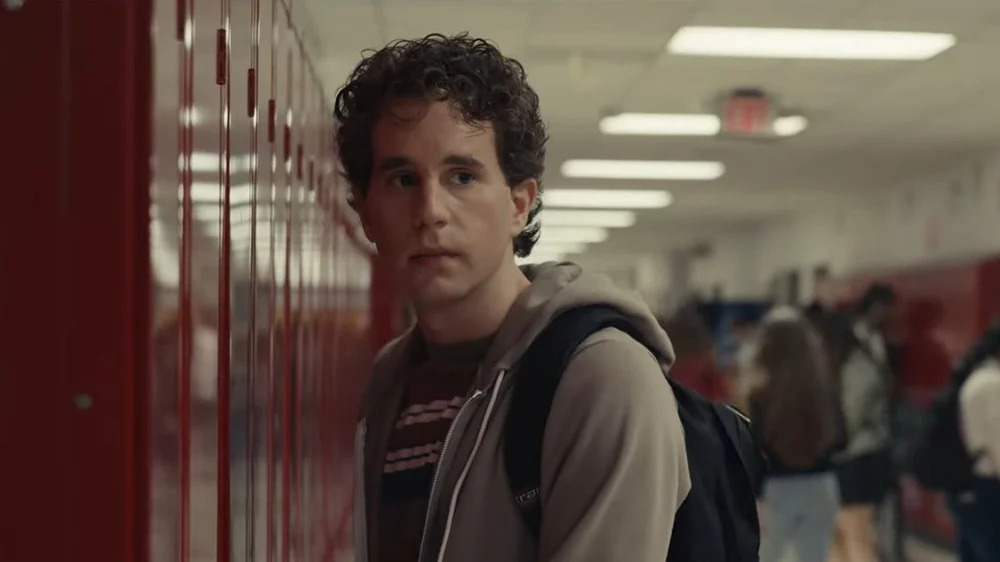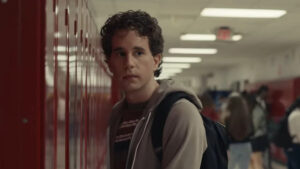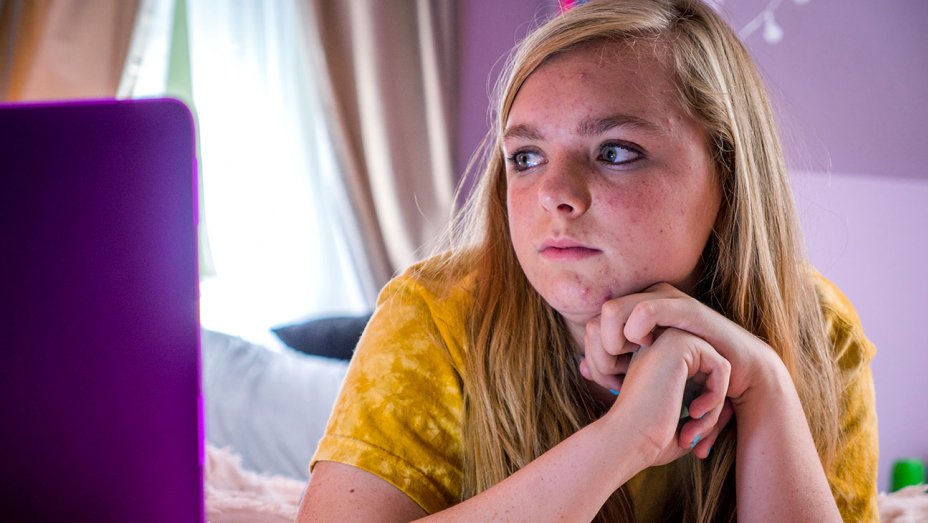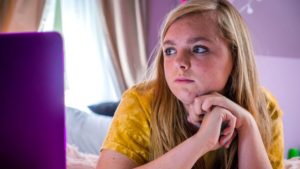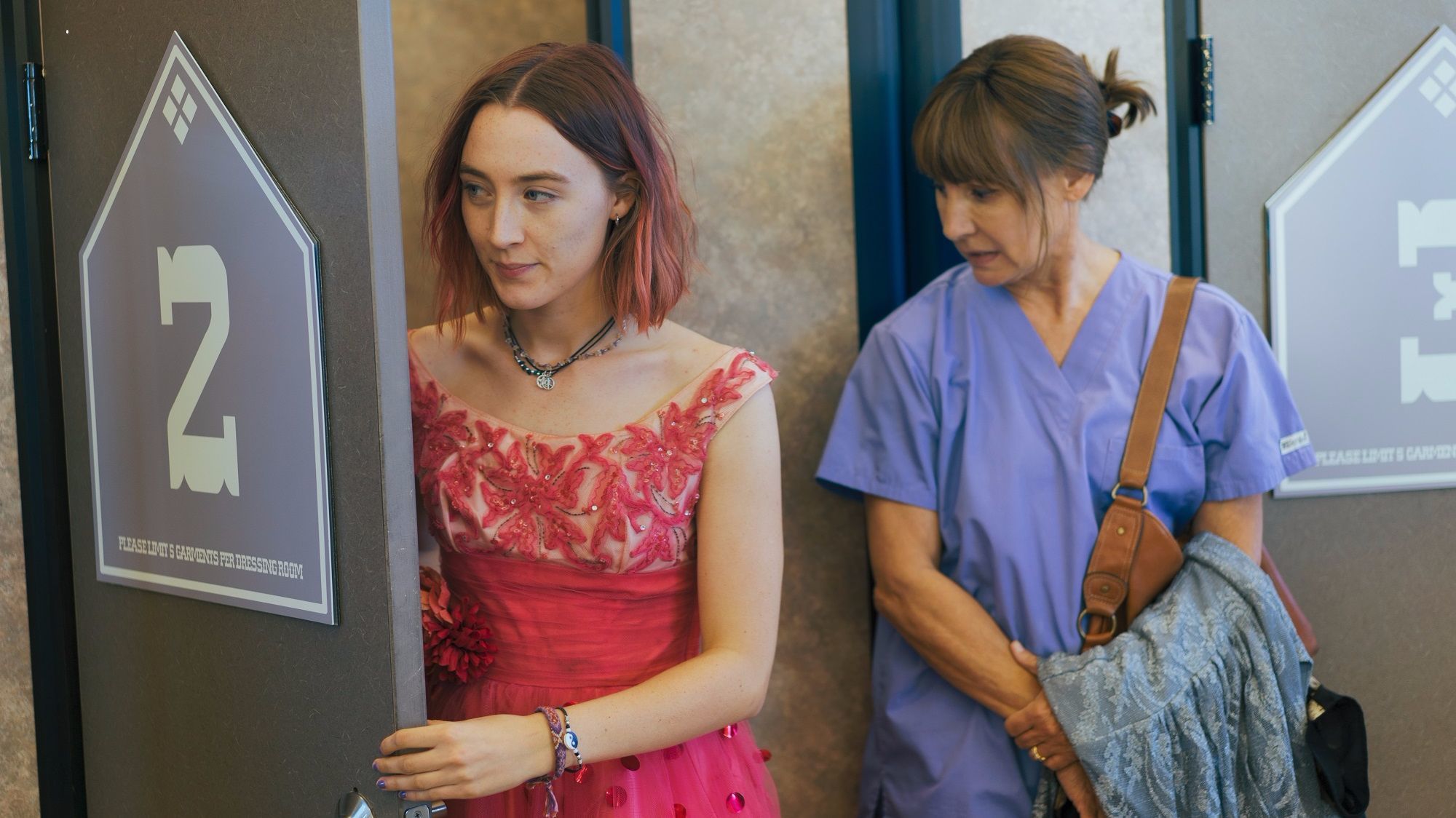Are You There, God? It’s Me, Margaret
Posted on April 27, 2023 at 5:35 pm
B +| Lowest Recommended Age: | Middle School |
| Profanity: | None |
| Alcohol/ Drugs: | None |
| Violence/ Scariness: | Family stress |
| Diversity Issues: | Diverse characters, tension over religious differences |
| Date Released to Theaters: | April 28, 2023 |

Blume resisted allowing her books to be adapted for film for a long time. But now, as a documentary about Blume herself is released, the 85-year-old author has authorized this film (she is also a producer), and it is the most loving, authentic adaptation imaginable, utterly true to the story, tone, and messages of the 1970 novel.
Wisely, they kept the 1970 setting. Today, the girls would get some information (and a lot of misinformation) from the internet and from books by Blume and others who followed her. But in 1970, all they had was rumors and someone’s dad’s Playboy.
The heroine of the title is 11 as the movie starts, and like pre-puberty characters in popular fiction over the years, from Pollyanna to Alice to Dorothy to Pippi Longstocking, she is happy and confident. But like almost all going-on-twelve year olds, she is starting to feel unsure of herself, looks to her peers instead of her parents to set the rules, and tries to blend in with those around her. This is amplified by having to get used to a new school where she does not know anyone. Her new neighbor, Nancy (Elle Graham) introduces herself and invites Margaret over to run under the sprinkler. Nancy is bossy, and Margaret finds that reassuring. When Nancy tells her she must not wear socks on the first day of school, she obeys, even though she gets blisters, as her mother warned her. When Nancy tells her she has to wear a bra, Margaret insists on getting one.
Margaret adores her grandmother, Sylvia, played with brio by Kathy Bates. Today we might call her “extra” or “no filters.” Back then, they probably called her impulsive, brassy, and outspoken. They both worry about missing each other when the family moves, and Margaret loves going into the city all by herself to visit Sylvia. They have a lot of fun together.
This story does not take the usual short-cuts in movies about children and pre-teens, with parents who have to be taught by their kids about what is going on and what they need. Margaret has good parents who love each other and love her. They are perceptive and supportive. Margaret’s father Herb (Benny Sadie) was raised Jewish. Her mother Barbara (Rachel McAdams) was raised by devout Christians and is estranged from her parents because they did not want her to marry a Jew). Herb and Barbara chose to raise Margaret without religion, and that has made her feel like an outsider. She tells her teacher she hates religious holidays because her family does not observe them. So she decides her year-long research project should be about religion. She goes to church with a friend and asks Syliva to take her to services at a synagogue. When Barbara’s parents come for a visit and try to impose their religion, Barbara tells them to leave. This is the most superficial and unsatisfying part of the book and the movie. Margaret learns nothing about religion beyond tribalism and it is hard to imagine she would get a passing grade on her paper.
The film is much better in dealing with the social pressures and the worries about the changes of puberty. It is a very rare film that is honest, in a very low-key way, about the stirrings of female desire. In a very sweet moment, Margaret’s parents exchange knowing glances, then ask her if she’d like to be the one to pay the boy mowing the lawn. She would. A memorable theme from the book and movie is the way a girl who matured early (Margaret at first thinks she is a teacher) is othered and insulted. While Margaret is impatient and worried about when she will develop breasts and menstruate, she learns that a girl who developed early is just as worried and lonely. Her growing sense of herself and the possibilities before her is what has made the book a foundational text for half a century and is lovingly portrayed in this adaptation.
Parents should know that this movie deals frankly with puberty and menstruation. There is also family strife over religion.
Family discussion: Why does Margaret want to do what Nancy tells her? How has middle school changed since this book was written? Why do some communities want to remove this book from the library?
If you like this, try: the book by Judy Blume

